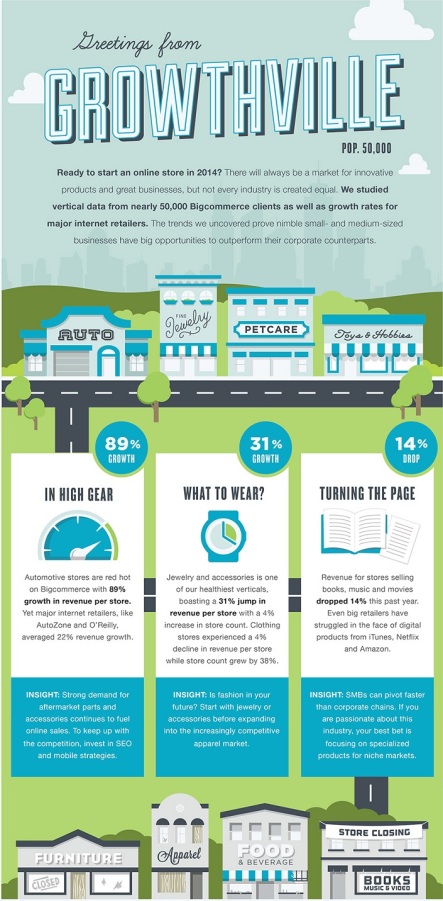Not all successful entrepreneurs are quintessential risk-takers. But knowing your tolerance for risk and how risky your business idea is is an important step when starting a business.
The conventional wisdom holds that entrepreneurs are fearless risk-takers. Quintessential entrepreneur Richard Branson, founder of the Virgin Group empire, is famous for risky publicity stunts such as racing powerboats, jumping off buildings, and flying in hot-air balloons.
Do you wonder whether you have the fortitude to be a successful entrepreneur? There are many ways to assess your tolerance for risk, but the key is looking within yourself. Do you seek out new experiences? Do you enjoy learning new skills? Or are you more comfortable with routine?
Don’t overthink it. Several studies have shown that high-risk tolerance is not the most important characteristic for entrepreneurial success. Keith McFarland, an entrepreneurship expert and coauthor of The Breakthrough Company, gave a personality test to 500 entrepreneurial chief executive officers. McFarland found that the CEOs’ scores varied when it came to risk tolerance, but what they had in common was a very high score in ability to perform under pressure.
In another study, the Cranfield School of Management in the United Kingdom surveyed 50 entrepreneurs’ risk tolerance and confidence. Those with lower risk tolerance but higher confidence had higher profits.
Is Your Business Too Risky?
But if risk tolerance in itself is not the key to entrepreneurial success, you absolutely do need confidence in your ability to manage risk and the flexibility to handle challenges. This means a critical part of assessing your entrepreneurial fitness is assessing the riskiness of your business idea.
Briefly consider what risks your new business involves. Is your idea brand-new to the market, or is it a variation on an existing product? Is there a proven demand for your product or service? What is the future outlook for your industry? What is the competition like? How much will it cost to start the business, and how much of that do you have?
Envision worst-case scenarios, how you might handle them, and how you would feel. If the idea fills you with anxiety, perhaps this business is too risky for you and you need to reconsider or find a way to manage the risk. If you feel confident, there is a good fit between your risk tolerance and your business idea.
What’s at Stake?
If your new business idea fails, what do you stand to lose? It could be your own money, your investors’ money, your reputation in the community, your sense of pride, your relationships with business colleagues, or even your relationships with family members. Assess where you would draw the line. Perhaps you’re comfortable losing your own money but not losing investors’ money.
Finally, if you have a significant other, spouse, or children, consider how they will tolerate the risk. Is your spouse willing to put your family home up as collateral for the business? Your family’s support is essential to your success, so you need to assess the limits of that support before you put itat risk.
Ways Around Low Risk Tolerance
Do you have a low level of risk tolerance? That doesn’t mean you can’t be an entrepreneur. Consider bringing on a partner who’s more risk tolerant so that you balance each other out.
You can also take small steps to make yourself more comfortable with risks. Start by taking chances in other areas of your life. Drive home from work a different way; take a class in something you’ve never done; volunteer for a new project or committee at work; try a different cuisine every week; vacation in a new city or country. As most of these little “risks” pay off, you may find that you start to enjoy taking risks.
Successful entrepreneurs take calculated risks, not foolish ones. By measuring your risk and your comfort with it, you’ll find that the risks you take lead to rewards.
Business Takeaways:
- Not all successful business owners are fearless risk-takers.
- Even if you are comfortable with taking risks, it’s important to determine whether your business idea is too risky to succeed.
- If you determine you are not a risk-taker, there are ways to both mitigate business risks and become more comfortable with them.
Source: http://www.allbusiness.com/dealing-with-startup-risks/16758174-1.html

